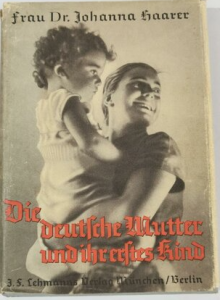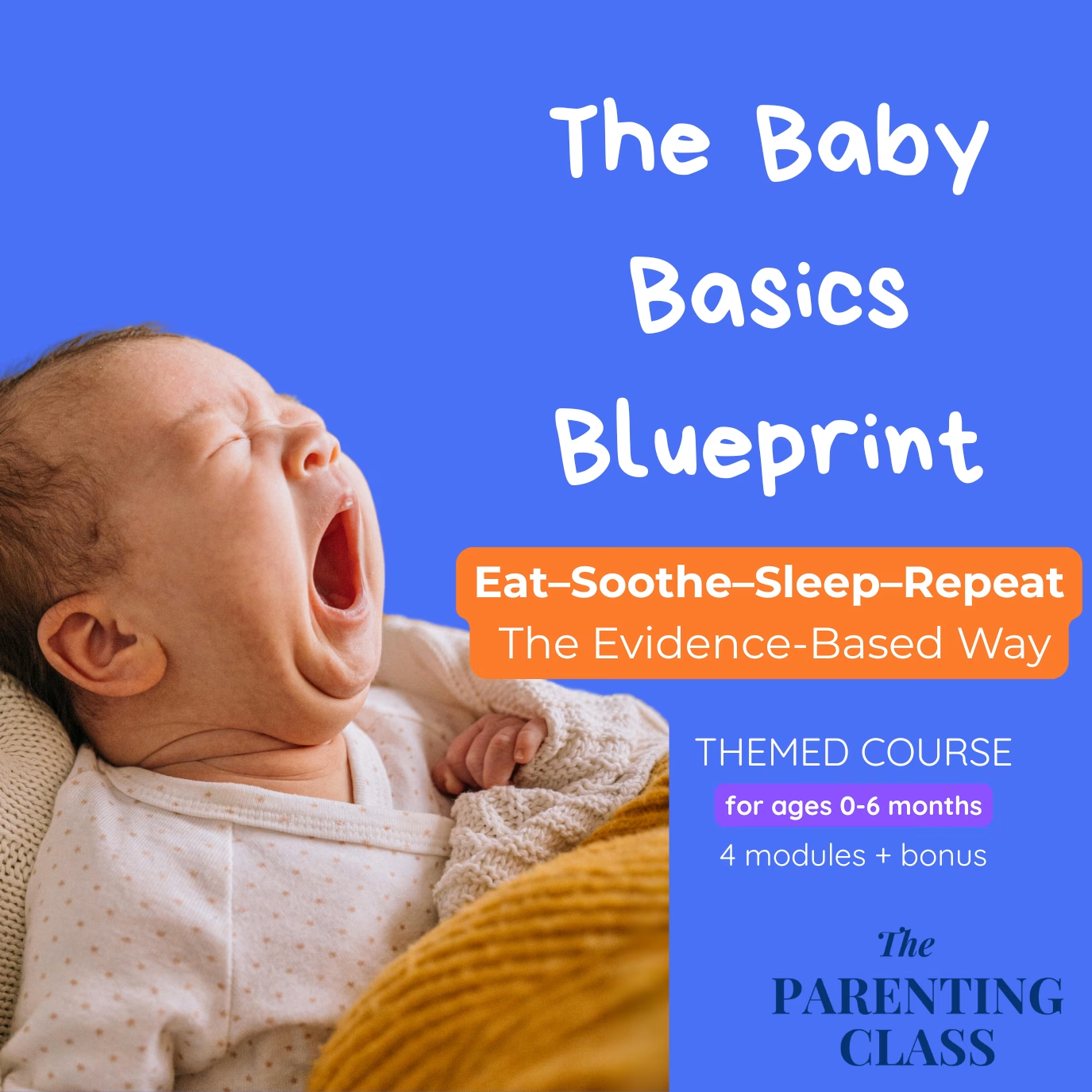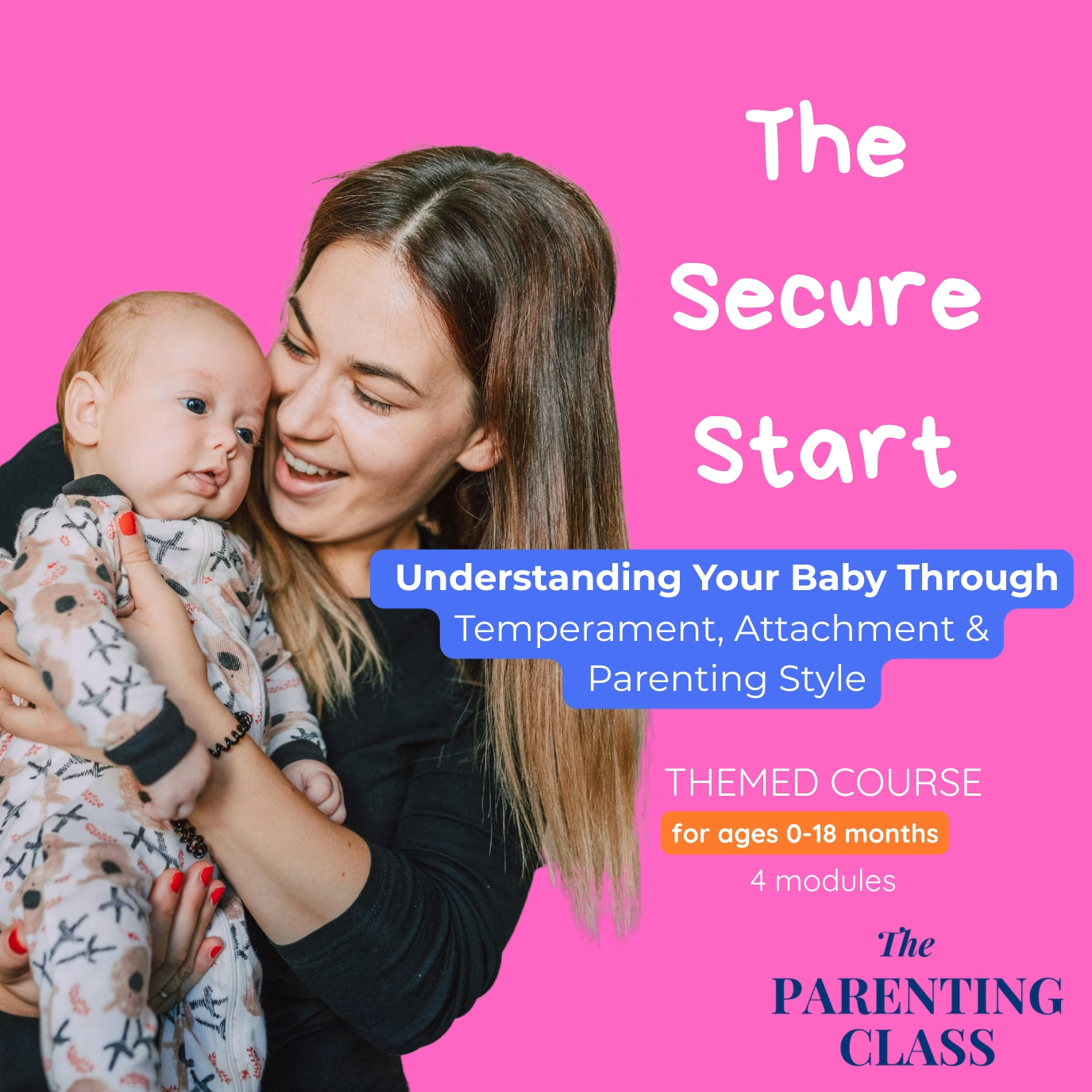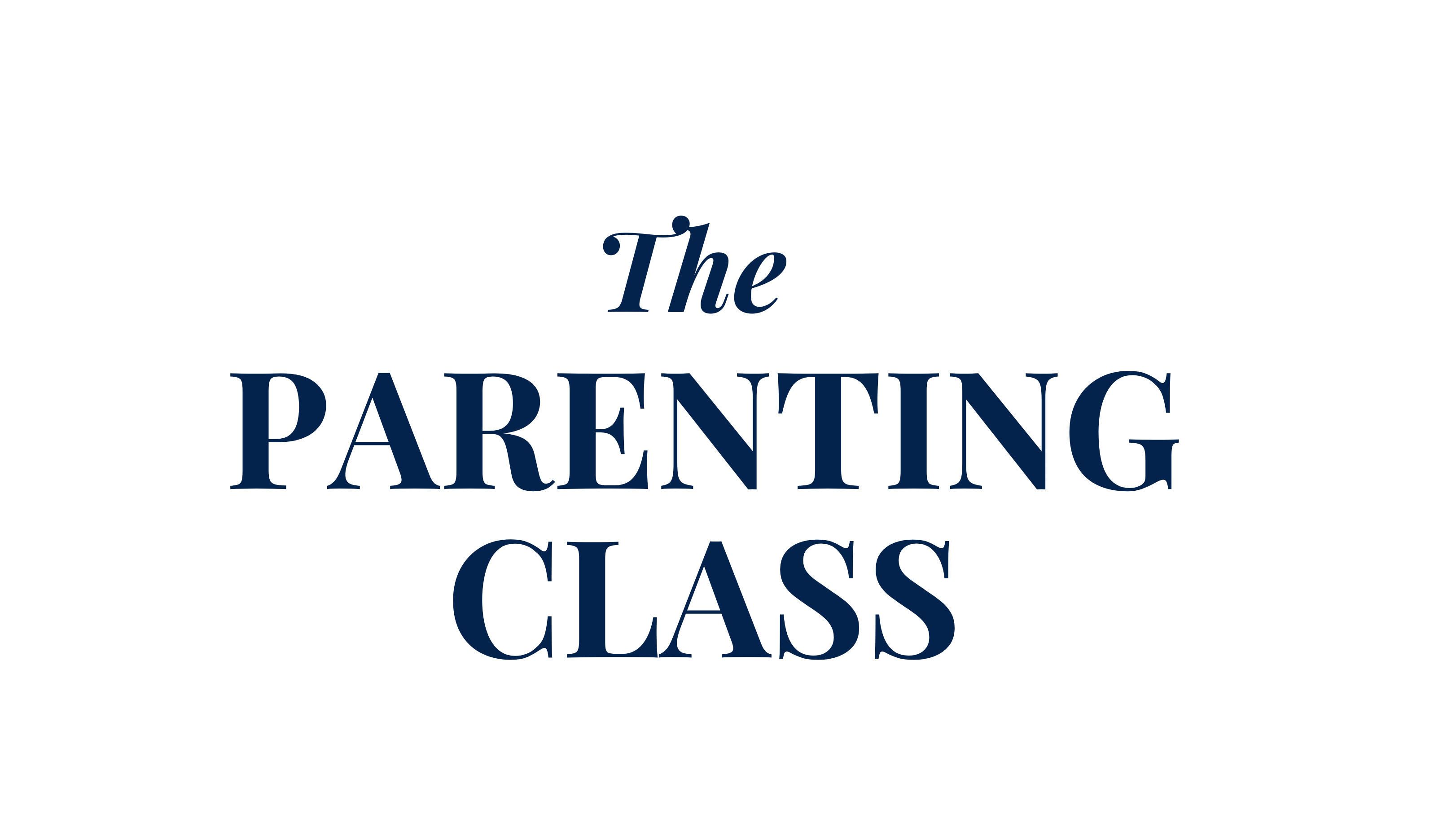I Read the Nazi Parenting Playbook – Here’s What It Says
I’ve spent the last five years deep in research, reading hundreds of studies on child development, parenting, and psychology. I’ve combed through everything from neuroscience to historical parenting practices to understand what actually helps children thrive – and what doesn’t.
Somewhere along the way, I stumbled upon a book that shocked me.
It was The German Mother and Her First Child by Johanna Haarer – a book that was handed out to millions of mothers under Nazi rule. The more I read, the more I realized: This wasn’t just parenting advice. This was a manual for control.


Haarer’s book was part of a broader effort to shape an entire generation, molding them into obedient, emotionally detached citizens who wouldn’t question authority. It didn’t just affect parenting in Nazi Germany – it influenced generations of parents long after the war.
And some of her ideas? They still echo today.
What Was in the Nazi Parenting Playbook?
Haarer’s book wasn’t just about raising kids – it was about breaking their will from birth. It discouraged emotional connection, promoted rigid routines, and placed control over comfort at the heart of parenting.
1. Sleep Training Wasn’t About Sleep – It Was About Obedience
Haarer promoted harsh sleep training from day one. She wrote that babies should be left alone in a quiet room and only attended to at strict feeding times.
“Often, it takes just a few battles of will between mother and child, and the problem is solved.”
Translation? If your baby cries, ignore them. They’ll stop eventually. This wasn’t about getting parents more rest – it was about teaching babies that their cries wouldn’t be answered. Babies learned, from birth, that they were alone. Even today, many sleep training methods are built on the idea that babies should self-soothe. But what if the real message they receive is: Your needs don’t matter. No one is coming.
2. Ignore Your Baby’s Emotional Needs
Haarer’s advice went beyond sleep – she discouraged bonding entirely.
“The family must never engage with the child unless necessary. Bathing, feeding, and diaper changes are sufficient occasions to interact with the child.” Cuddling? Eye contact? Comfort? Seen as dangerous. Haarer believed too much affection would create “weak” and needy children.
“Whatever you do, do not pick the child up from his bed, cradle him, or stroke him.” Again, the goal wasn’t to raise healthy children. The goal was to raise children who expected nothing.

3. Strict Feeding Schedules – Even if the Baby Is Hungry
Haarer warned mothers never to feed a baby outside a strict schedule, even if they cried in hunger. She does mention that only in case of severe underweight, could the mom consider one nightly feed.
“Under no circumstances should you feed your child earlier than planned. Otherwise, the child will quickly learn to demand meals through crying.” There was no room for flexibility or responsiveness. Babies were expected to adapt to the schedule – not the other way around.
4. Affection Was Replaced with Discipline
Even as children grew older, love and warmth were discouraged. Instead, Haarer emphasized strict discipline, unquestioning obedience, and emotional detachment.
“Speak to your child in sensible German, not distorted children’s language.” Baby talk? Playfulness? Softness? All seen as indulgences.
By removing warmth from parenting, the regime ensured that children wouldn’t grow up expecting kindness. Instead, they would learn to follow orders, suppress emotions, and put duty above personal needs.
🍼 Feeling unsure about what really helps or harms your baby’s development?
Get my free guide: “5 Baby Myths Debunked” and discover what the latest science says about sleep training, soothing, brain development, and more—so you can parent with confidence.
Get the guide below👇
What Happened to the Children Raised This Way?
By 1943, over three million women had been trained in Haarer’s methods. The effects didn’t disappear when the war ended – Haarer’s book continued to be used in Germany well into the 1960s.
Looking at existing research on children raised under authoritarian parenting styles, we know that they may grow up:
❌ Emotionally detached
❌ Struggling to form deep relationships
❌ Carrying unresolved childhood trauma
❌ Passing harsh parenting styles to their own children
Even Haarer’s own children later spoke out about the psychological damage they endured. One of them stated that all five of Haarer’s children were psychologically impacted by her parenting.
What Science Actually Says About Good Parenting
After reading hundreds of research papers, I knew exactly how I didn’t want to parent.
The evidence is overwhelming: Authoritarian parenting – strict control, emotional detachment, and rigid obedience – doesn’t raise strong children. It raises emotionally fragile ones. So what does work? Authoritative Parenting does!
Authoritative parenting is backed by decades of research. Unlike Haarer’s model, it:
✅ Balances high levels of responsiveness and warmth with high levels of expectations for kids
✅ Encourages independence through guidance, not fear
✅ Recognizes that emotions aren’t weaknesses, but strengths
✅ Teaches children to trust, not suppress, their feelings
Studies show that children raised with authoritative parenting grow up to be:
✔ More emotionally secure
✔ Better at forming healthy relationships
✔ More resilient and independent
Final Thoughts…what is our goal?
Reading Haarer’s book was disturbing – but eye-opening. It showed me how deeply parenting reflects the values of a society.
That’s why parenting isn’t just about getting your baby to sleep through the night. It’s about what kind of person they will become in the process. For me, the choice was clear. I wanted to parent authoritatively.
That’s why, when I put together all the research findings I found (in The Science of Parenting Babies), I focus on the real science behind child development – not outdated methods designed for control. Because raising a child isn’t about making them obedient. It’s about making them secure, confident, and emotionally healthy. A good human, able to create a better tomorrow.
👶 Want to raise a confident, emotionally secure child—without second-guessing every decision?
Get my free guide: “5 Baby Myths Debunked.”
Learn what science really says about sleep training, soothing, brain development, and what truly builds resilience from the start.
Get the guide below👇
Related products

The Parenting Class is your complete science-based guide for the first 18 months.
Learn everything from parenting styles to sleep, feeding, and development – so you can stop second-guessing and start parenting with clarity and calm.
Read more →

The Baby Basics Blueprint is your go-to guide for feeding, sleep, and soothing in the early months.
Based on leading research, this course gives you practical, evidence-based tools to care for your baby with calm and confidence – right from the start.
Read more →

The Secure Start is your science-based guide to raising a securely attached baby.
Learn how temperament, parenting style, and attachment work together – so you can parent with confidence, calm, and connection from day one.
Read more →
